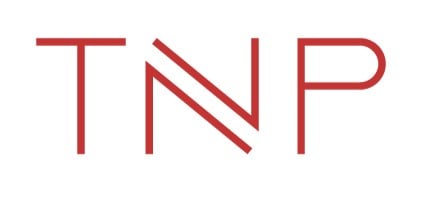
Head, legal services | Union Bank of Nigeria


Sesan Sobowale
Head, legal services | Union Bank of Nigeria
Team size: 21
What are the most significant cases and transactions in which your legal team has recently been involved?
My legal team has been involved in two landmark merger and acquisition transactions in Nigeria and the United Kingdom. This resulted in the acquisition of one of Nigeria’s oldest banks by another bank, the combination of the two banks, and the spin-off of the United Kingdom subsidiary of the legacy bank to another Nigerian-owned entity.
My team has also been involved in two litigations with significant claims against the Bank. These claims were large enough to affect the going concern basis of the institution. In one of the litigations, the initial award was substantially reduced.
How have you attempted to bring the legal department closer to your business colleagues?
I have organised my team using a business partnering model in how we provide support to our internal customers. The legal team is ranked into clusters supporting different business units so that the head of each cluster is the primary legal counsel for the head of the cluster’s business unit. I am the primary counsel to the board chair, the board, and the CEO, while my direct reports serve as primary counsel to each functional head or executive director.
This model ensures focused and dedicated support to each business unit and has allowed us to build expertise in-house overtime on the different legal issues confronting the business units. It has also increased our speed and agility in providing bespoke legal support to these leaders and their business units and improved the general efficiency of the entire company, as we are often consulted at the ideation stages of projects rather than at the end. It has also promoted trust and inclusivity in the organisation.
The model also allows lawyers to provide thought leadership on business issues that transcend the law and has brought other business skills that our lawyers possess into fashioning the best solutions for the organisation or business units.
How do you see the general counsel role evolving in Nigeria over the next five to ten years?
Today, the general counsel is a senior business leader whose input is sought in managing issues and projects. Increasingly, the general counsel is evolving into a vital member of the executive committee who is first responsible, with other functional colleagues, in delivering the strategy and business plan of the organisation and, in that capacity, is collectively accountable to the board and the company’s shareholders. I see the general counsel serving in executive sub-committees tasked with managing business issues that far transcend the law and its applications and leading his colleagues in projects involving redundancies, significant asset acquisition and disposals, mergers and acquisitions, and capital market transactions.
How does the in-house legal function contribute to the organisation’s dispute resolution strategy?
My team contributes to an effective dispute resolution strategy by identifying the risks that may result in legal disputes, assessing these risks with other co-risk owners, reporting and monitoring the risks, and providing governance on risk avoidance and management.
This means that the work of the legal function starts long before there is a dispute to manage and involves education, counselling, and thought leadership. It also includes providing a user-friendly framework for issues management that sensitizes colleagues to respond to issues as they emerge and when to reach out for support or additional support when an escalation is imminent.
The role of the legal function also includes a framework for managing disputes, which will consist of identifying the resolution mechanisms available and the process for determining the appropriate mechanism to be employed in each case. Finally, the legal function is also involved in documenting lessons from concluded disputes and disseminating these to relevant stakeholders across the organisation.
Head, legal services | Union Bank of Nigeria